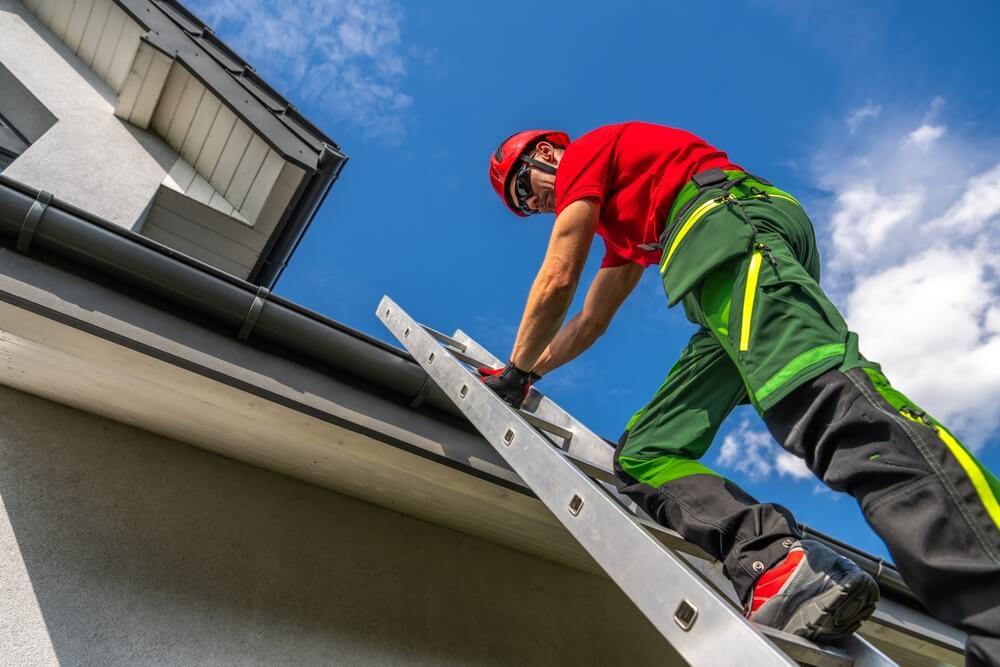- By Shanna Salazar
- blog
- 0 Comment
Your roof is one of the most important parts of your home, yet it’s also one of the easiest to overlook. Routine inspections help prevent leaks, storm damage, and costly repairs—but many homeowners aren’t sure how often they should actually schedule one. Here’s a clear breakdown of when and why roof inspections matter.
1. How often should I get a residential roof inspection?
Most roofing professionals recommend one inspection per year. Annual inspections help catch small issues early—before they become major, expensive problems.
However, the ideal frequency can change based on your roof’s age, weather exposure, and overall condition.
2. Should I schedule an inspection after a storm?
Absolutely. Any of the following weather events can cause damage that isn’t visible from the ground:
- Hail
- High winds (50+ mph)
- Heavy snow or ice
- Falling branches
- Sudden temperature swings
Post-storm inspections help identify hidden issues and provide documentation needed for insurance claims.
3. What if my roof is new—do I still need yearly inspections?
Yes, but you may not need full inspections as frequently. For roofs under 5 years old, a comprehensive inspection every 2–3 years may be enough—as long as there is no storm damage.
Many homeowners still choose annual check-ups for peace of mind.
4. How often should older roofs be inspected?
Roofs over 15–20 years old should be inspected twice a year—typically in the spring and fall.
Why?
Older materials wear down faster, become more vulnerable to moisture, and are more likely to fail during seasonal weather changes.
5. What are the signs I need an immediate inspection?
If you notice any of these, schedule an inspection right away:
- Missing, curling, or loose shingles
- Shingle granules in gutters
- Water stains or brown spots on ceilings or walls
- Musty attic smells (mold/mildew)
- Visible sagging in any part of the roof
- Light shining through attic boards
- Dripping, moisture, or condensation in the attic
These usually indicate active roof issues that should be addressed quickly.
6. Why are routine inspections so important?
Regular roof inspections:
- Extend the lifespan of your roof
- Catch small issues before they become major leaks
- Improve energy efficiency
- Prevent mold and structural damage
- Provide documentation for insurance
- Save you money by avoiding emergency repairs
Routine care is far cheaper than waiting until something goes wrong.
7. Who should perform the inspection? Can I do it myself?
Homeowners can visually check gutters, shingles, and flashing from the ground—but climbing the roof can be dangerous and easily miss subtle problems.
A professional roofer uses:
- Safety equipment
- Moisture meters
- Drones
- Thermal imaging
- Trained inspection methods
These tools allow them to spot issues you can’t see.
Final Thoughts: Protect Your Home With Timely Roof Inspections
Whether your roof is brand new or nearing the end of its lifespan, regular inspections are essential to maintaining your home. Scheduling yearly—and post-storm—inspections ensures your roof stays strong, safe, and leak-free for years to come.
Ready to schedule a roof inspection?
Contact us today for a professional evaluation and peace of mind.


